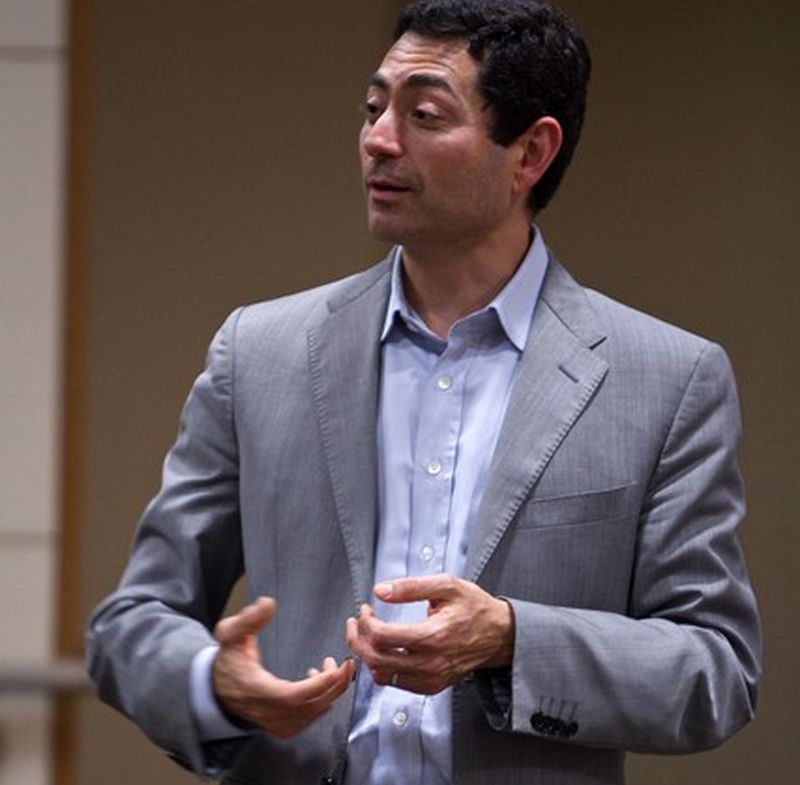Judge Christopher Bowen called his next case from the bench of his family law courtroom in Contra Costa County, just east of San Francisco. The two parties -- Maria Plascencia and Guillermo Castorena -- took their seats at a long wooden table in front of him. As the clerk swore them in, the former couple faced forward, never making eye contact.
Between them sat a woman in her mid-30s with shoulder-length brown hair and glasses: Jessica McBride. Vital to the proceedings, McBride was not a witness or a lawyer; she is the court’s Spanish-language interpreter. As the judge spoke she murmured along, translating words almost as quickly as she heard them.
“What did he do with the knife and the belt?” Through the interpreter, Bowen sought to clarify the allegations against Castorena before making a ruling on a restraining order.
It’s hard to imagine, but court interpreters like McBride haven’t always been provided, even in domestic violence cases.
“The statute required it, but only if funding was available,” Contra Costa Presiding Superior Court Judge Steven Austin said. “So most courts tried very hard to cover that, but they couldn’t always cover it.”

But that is starting to change, Austin is on a task force the State Supreme Court set up this year to roll out its Language Access Plan. Launched in January 2015, Austin said one of the first things the task force did was expand court interpreter services to domestic violence cases. But it is not stopping there. Its aim is to make the California justice system accessible to all Californians -- from court signs and forms to all court proceedings.
